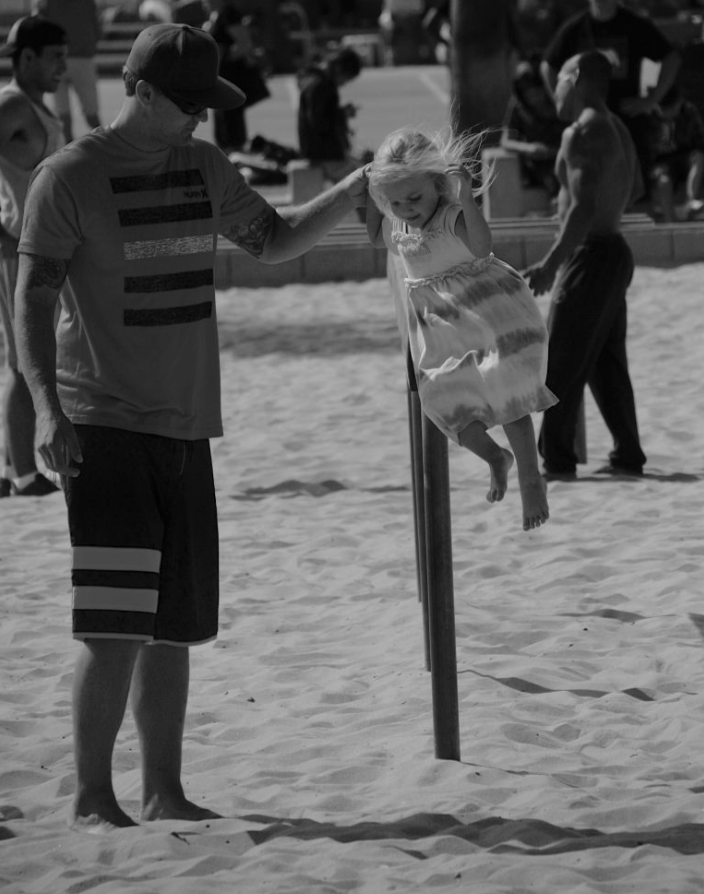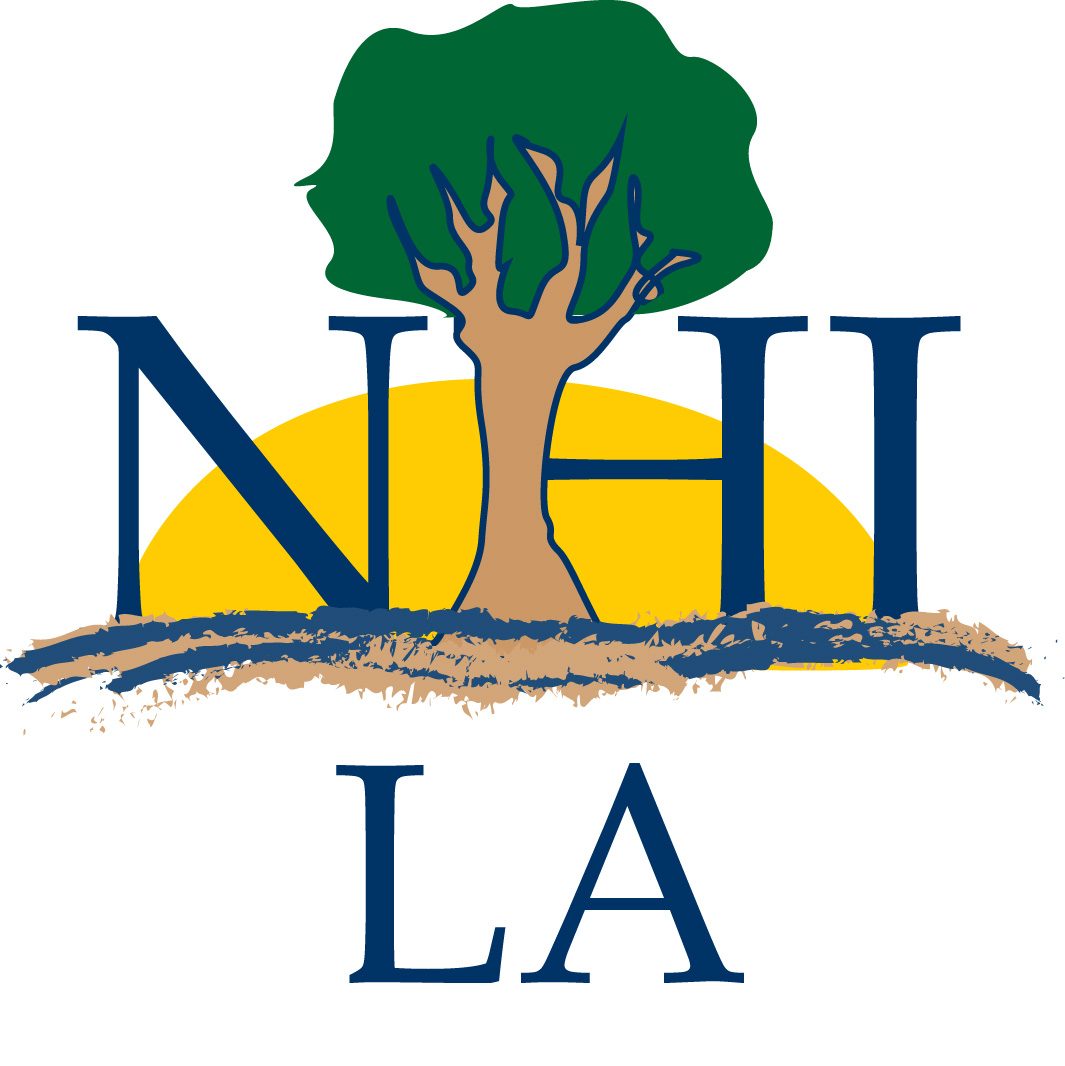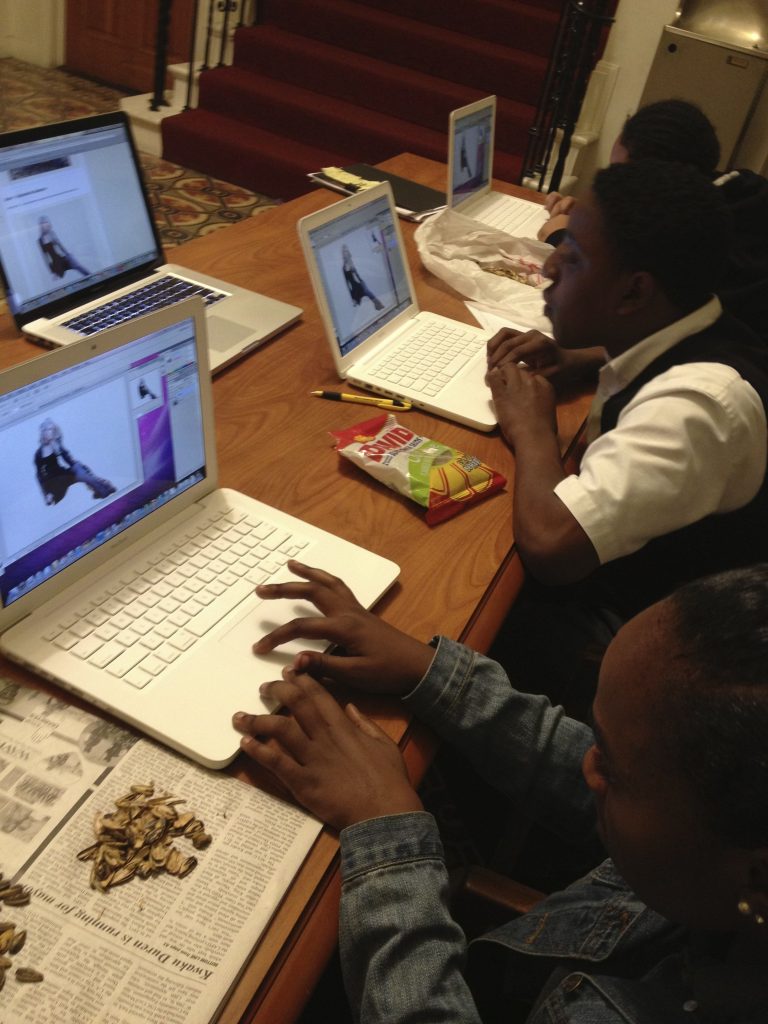Our focus is on students with a diploma from the public, private, and charter high schools, with GED, who want to transfer from another college, university, or trade school, or who do not want a degree from NHI-LA but need career and personal development.
Development Level and General Characteristics

Each learner is on a different development level and will receive a developmental and behavior assessment and evaluation from NHI-LA resource staff to determine the development level. One of the main concerns with all the learners centers on how far each learner is in the formal operations stage. This stage typically ranges roughly from twelve years. During this time, typical students can think abstractly and mentally manipulate symbols without substantial assistance. A typical student can also isolate and handle the variables within abstract problems in which many propositions are revealed and interact. However, many of the learners coming through SBP struggle with abstract thought and mental manipulation. The level of difficulty will depend on each learner’s diagnosis. For this reason, behavior assessments and evaluations from NHI-LA resource staff are essential.
Ability

Because each student’s ability is uncertain, the NHI-LA staff will assess and evaluate each student’s capabilities during the Summer Bridge Program (SBP). With the assessment results, the team merges them with the findings from a student’s last high school IEP (Individualized Educational Program) or any other professional documentation, assessments, or observations. Typically, these students have abilities ranging from being hyperfocus to sometimes brutally honest. Hyperfocus can be an asset in such industries as the entertainment tech industry regarding specific visual effects techniques or the programming and coding sector. This ability can help in areas of academia such as math or science.
Self-efficacy

Using interview questions in small groups of students sitting in a circle in an informal setting with items such as: “How do you feel about your ability to complete this program?” After completing SBP, students should be at the level of self-efficacy that they are confident in their ability to transition into and survey in NHI-LA’s academic and social learning environments with little to no assistance from the resource department.
Prior Knowledge

A vital component for our resource department to examine is each student’s prior learning (prior knowledge). During the SBP, the instructors will assess each student’s prior knowledge with a combination of their Transition IEP (Individualized Education Plan or Program), transcripts, if the student has graduated with a diploma, and conduct interviews with each student in a small group setting. The SBP instructors will also complete an online survey containing close-ended multiple choice and T/F questions and a separate online form with some essay questions. These same open and close-ended questions, along with the essay form, are some evaluation and assessment methods used after and during the SBP to evaluate each learner’s (student’s) knowledge.
Value

Value centers on the learner self-evaluating, “Can I do the task?” and “Do I Want to do the task?” Both the SBP survey and interviews will address each learner’s value toward the SBP in both pre and post-interviews. Even though SBP is mandatory for all students, in order for this population of learners to have a successful transition into NHI and achieve the learning goals each learner must have the value of engaging in SBP. After finishing SBP, learners feel that SBP was valuable.
Potential Issues with Power, Equity, and Inclusion

NHI’s goal is to free each student’s (learner’s) academic and social college experiences from systemic issues. It is also vital that the systemic problems do not occur for the NHI and SBP administration and staff. We implement this goal by considering our employees’ visual presentation. Students must see instructors, administrators, and staff of the same gender and nationality. As stated in the section, Instructor Characteristics, the instructors are mixed-gender and ethnicity similar in mixture with learner populations’ ethnic diversity. The resource department will have multi-language capabilities and work closing with outreach communities. The student population will address any social or economic environment issues the students may face on, or off-campus that may impede student learning. Each administrator, instructor, and staff member must attend PD (Personal Development) sessions on race, gender equality, sexual harassment, and various biases. Instructors will encourage roundtable sessions with students to discuss their concerns or comments and any systemic problems the NHI system may have missed. The R & D (Research and Development) of the summer bridge program focuses on addressing many systemic issues and creating ways to eliminate them or expose them as quickly as possible. Once these issues are detected, have a system to resolve the conflict. Currently, in the R&D process, subdivisions of pilot programs are also in R&D. These specialized programs focus on the ability to handle issues such as:
- Disciplinary actions: Detection: Where the fault lies. How does the Dean’s department tell the difference between the student’s diagnosis, causing the problem, or is the student just being a young adult?
- Ensure all students receive fair and unbiased treatment of the problem regardless of race, gender, creed, or nationality.
- Building construction, so all students and others have access without physical restrictions.
- Because of Covid-19, all students, regardless of economic status and the social or political environment, must have access to technology to assist them with online learning and socializing with classmates. Accessibility also applies to all instructors, administrators, and staff to maintain student learning and college operations.
- A program handling rules and regulations dealing with cyber issues like online bullying.
- Hacking through secure network threats ensures all students, parents, administrators, instructors, and staff are safe on campus, online during class and work hours, and at on-field events.

